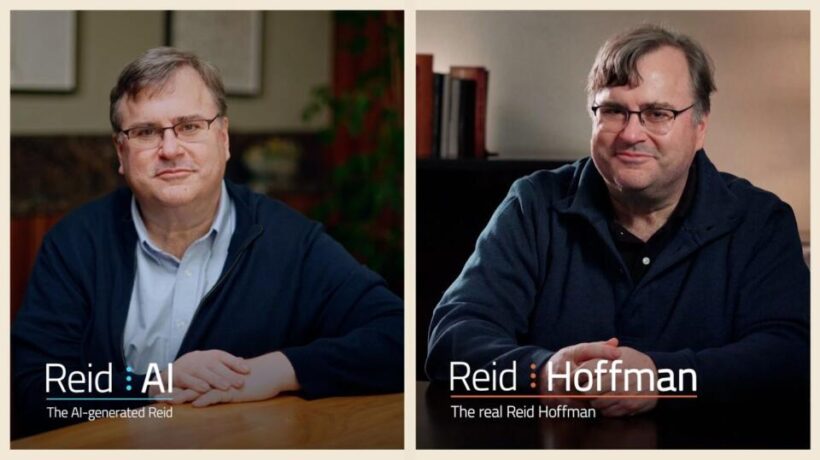Over the past few years young people have been advised to acquire coding skills to improve chances of getting jobs in the future. This advice requires an update. AI developments are showing us that more will be required than just learning coding skills. We now know that some AI tools could execute some functions that are performed by programmers.
How can one then prepare for the future if coding will no longer be a sought after skill?
All skills matter, including coding, if one is to add value in the tech ecosystem. The history of tech tells us that there’s more than just technical skills required and that there’s a need for creative thinking skills. If you study founders of some of the leading tech companies some of them had no coding skills however they were creative thinkers. In addition to creative thinking, leadership skills are critical if anyone is to convince other people to use a technology they’ve developed. Once the technology product is developed one of the most important skills is the ability to communicate about the product. Communication skills are underestimated and yet they are what gets a product adopted even if it has not reached perfection.
One leading academic institution was developing a new programme for students aspiring to launch technology startups. To create a framework for this joint degree programme, they sourced valuable expertise, posing a simple question to alumni actively engaged in the industry: What skills are needed to start a tech company? The answer? A little bit of everything. Respondents indicated that founders need to be management jacks-of-all-trades, the resulting study concluded. Being “technical” by the classic definition of learning to code was not a prerequisite. And that’s not all that surprising. Brian Chesky of Airbnb and Chad Hurley of YouTube famously have fine arts degrees. While working to build a company, there are many skills that are needed, and building a tech startup is no different.
Steve Jobs stands out as one of the most successful leaders in tech and yet he had no coding (coding) skills. This tells us that in getting more young people in tech, there’s a need to move away from just focusing on technical skills. This thinking has chased away many who could have entered the field. To get more young people in the sector there’s a need to start focusing on what one can accomplish through the use of technology in society. The more young people are inspired to think about how technology can address challenges in society chances are we will have more of them getting into the industry. Young people need to view technology as a tool that they can use to achieve their objectives. Young people with an interest in addressing health challenges can get into tech with an aim of tackling health challenges through tech. This is true of any other field that can use technology to make life better. Coding is good for critical thinking, let us not consider it as the only skill required to be valuable in the tech industry.
















